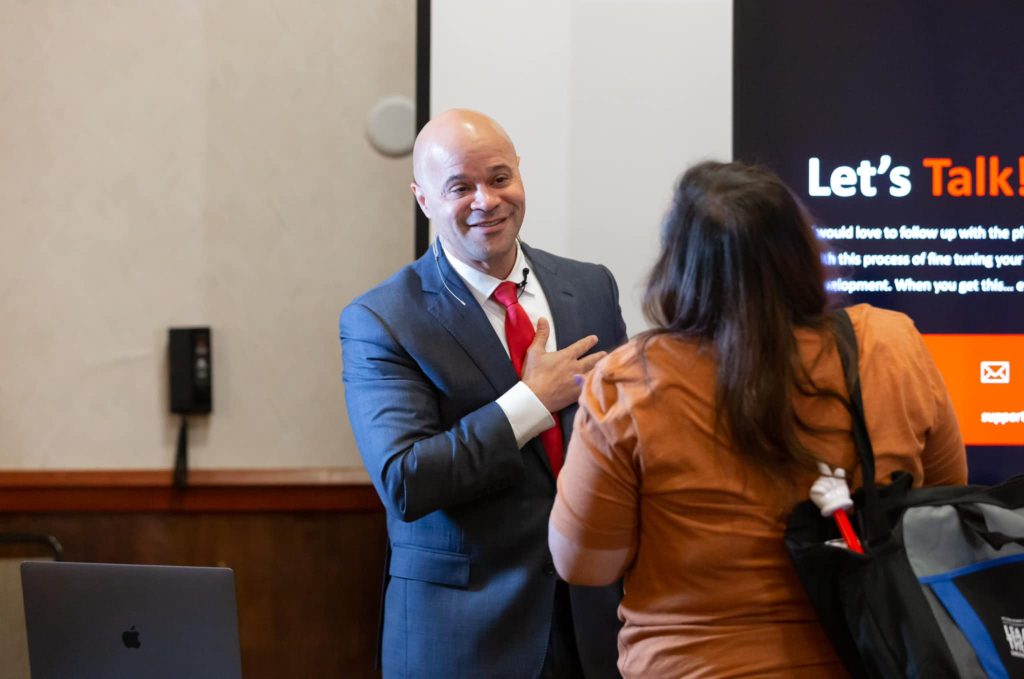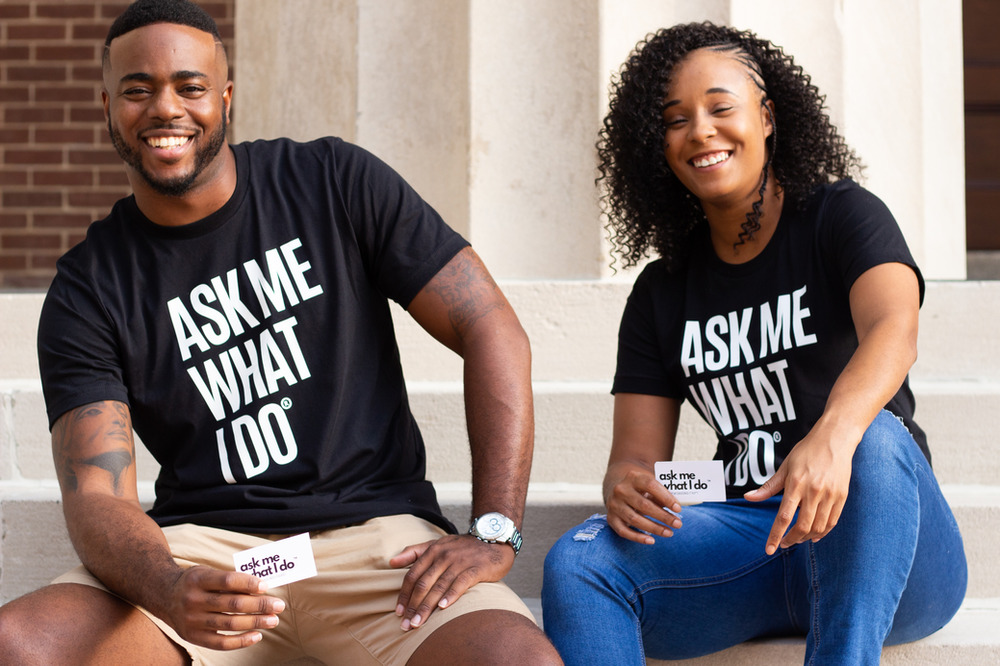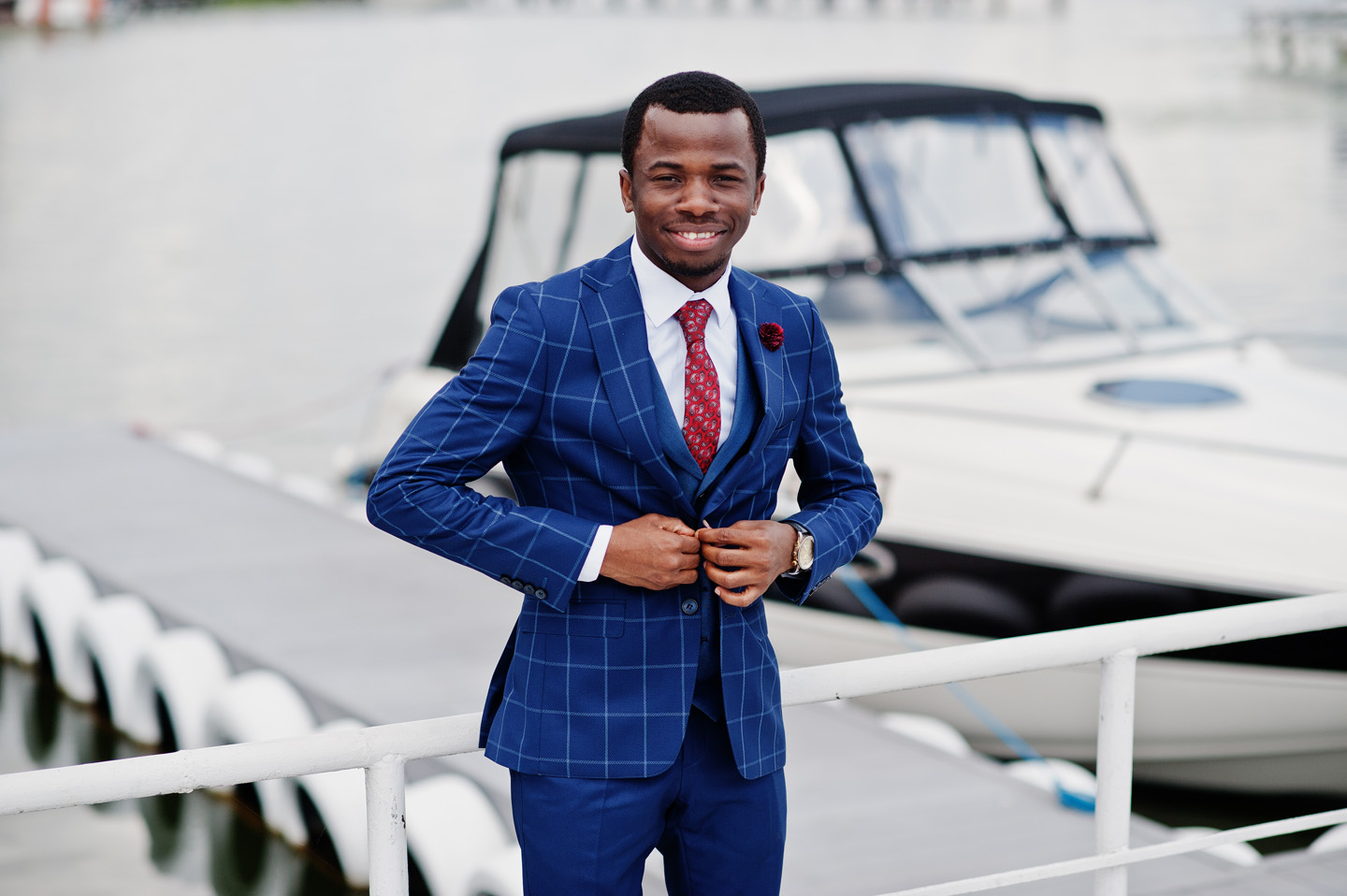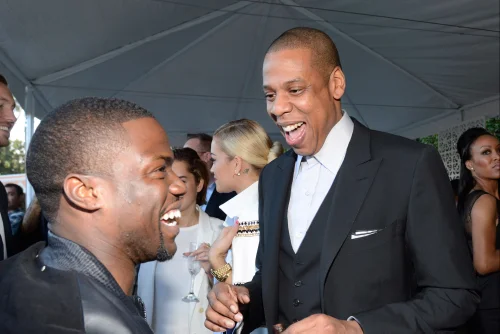Phenomenal Afternoon Leaders! If you joined us last week for The B.R.A.N.D. Challenge, I’d like to say it was my absolute pleasure to serve you. Day One of the Challenge started with brand basics and authentically marketing yourself.
I want to share the highlights from that session in today’s article.
Why Authenticity Marketing
As an Executive Brand Coach, I have my clients lean into authenticity marketing because it is the most effective way to build trust without spending a boatload of money on advertising to create awareness. When you decide to spend money on advertisements, it will be because you are ready to grow and scale your operation.
During The B.R.A.N.D Challenge, we discussed strategies for building trust to attract clients and potential team members. Once creditability is established, the wins are two-fold. You have the freedom to pivot (within reason) between any market/industry, and your core team will have your back which is why I stress to my client’s the need to create a Personal Brand, not a Business Brand.
Let me show you how this idea plays out in the marketplace.
Elon Musk is the founder, C.E.O., and C.T.O. of SpaceX, and co-founder of Tesla Motors. In 2022, he was ranked 25 on the Forbes list of The World’s Most Powerful People.
In this coveted list, world leaders are ranked by their influence, power, and economic power. Some of the names on the list are highly recognizable, some not so much. Still, one thing is for sure, each of these individuals’ ability to influence culture is a massive part of their power. During the Challenge, I used Elon Musk as an example of a powerful Personal Brand turned Business.
Consumers expect Elon Musk to bring futuristic products to the marketplace. Because of that, he could launch Tesla, an electric car company, without relying on advertisements to build trust. Musk famously tweeted, “Tesla does not advertise or pay for endorsements. Instead, we use that money to make the product great,” In recent interviews, Musk alluded to expanding Tesla through advertisements. I’m pointing out that promotions and paid marketing didn’t drive Tesla’s brand recognition; Musk’s Personal Brand did.
I use Elon Musk as an example, not because of his monetary success but because he is a well-known example of the Power of Personal Branding. When you position yourself like this, what you bring to the marketplace acts as an extension of you.
What did Elon Musk and other innovative business leaders understand about The Power Of Personal Branding and Authencity Marketing?
The Importance Of Positioning Yourself As Specialist
When you become known as the expert in your field, become the one to watch. I describe this as putting the World On Notice. You attract clients and opportunities by showing up consistently with value.
Specialist Inspire Loyalty
Clients buy products and services to satisfy a need; they become loyal to a brand when its mission, values, and principles align with theirs. When an individual chooses a Tesla over other luxury vehicles, the consumer states what they value. Once a brand has the hearts and minds of its consumers, it becomes difficult for competitors to penetrate the market. During the Challenge, I explained that we could create the same feelings in our clients and customers by leveraging our education, experience, and expertise into a Personal Brand. By doing so, we solidify our brand dominance because no one has the experience and knowledge we bring to our industries. We call this Segmentation and Isolation.
Segmentation and Isolation
When you use authenticity marketing to pivot from Business to Brand, you are placing a claim on your segment of the marketplace.
Let’s look at this authenticity marketing from a business brand – Nike is a company that has phenomenal brand loyalty. Customers are loyal to Nike because they trust the brand and believe in its values. Nike has segmented its market and identified its target consumers very effectively.
Nike’s primary target market is athletes; Each major Nike campaign is fueled by “The Face” of the campaign. In the late 90s, Micheal Jordan humanized the brand’s mission. Recently, we’ve seen athletes like Lebron James carry the torch. Nike then creates specific marketing campaigns to appeal to sub-markets such as runners and fitness influencers.
Again, notice how Nike uses the Power of Personal Branding by leveraging the Name, Image, and Likeness of individuals with influential Personal Brands. Nike customers stay loyal to the brand because they feel connected to the values that can only be expressed through another human being.
The Power of Personal Branding and Authenticity Marketing can be seen in the success of businesses like Tesla and Nike, but what’s most important is how you apply these three principles to your Business? Interested in knowing more about how to go from Business to brand? Join me, August 19th -August 21st LIVE in Myrtle Beach, SC., for the Business To Brand Bootcamp.















